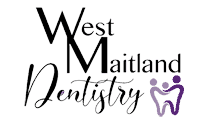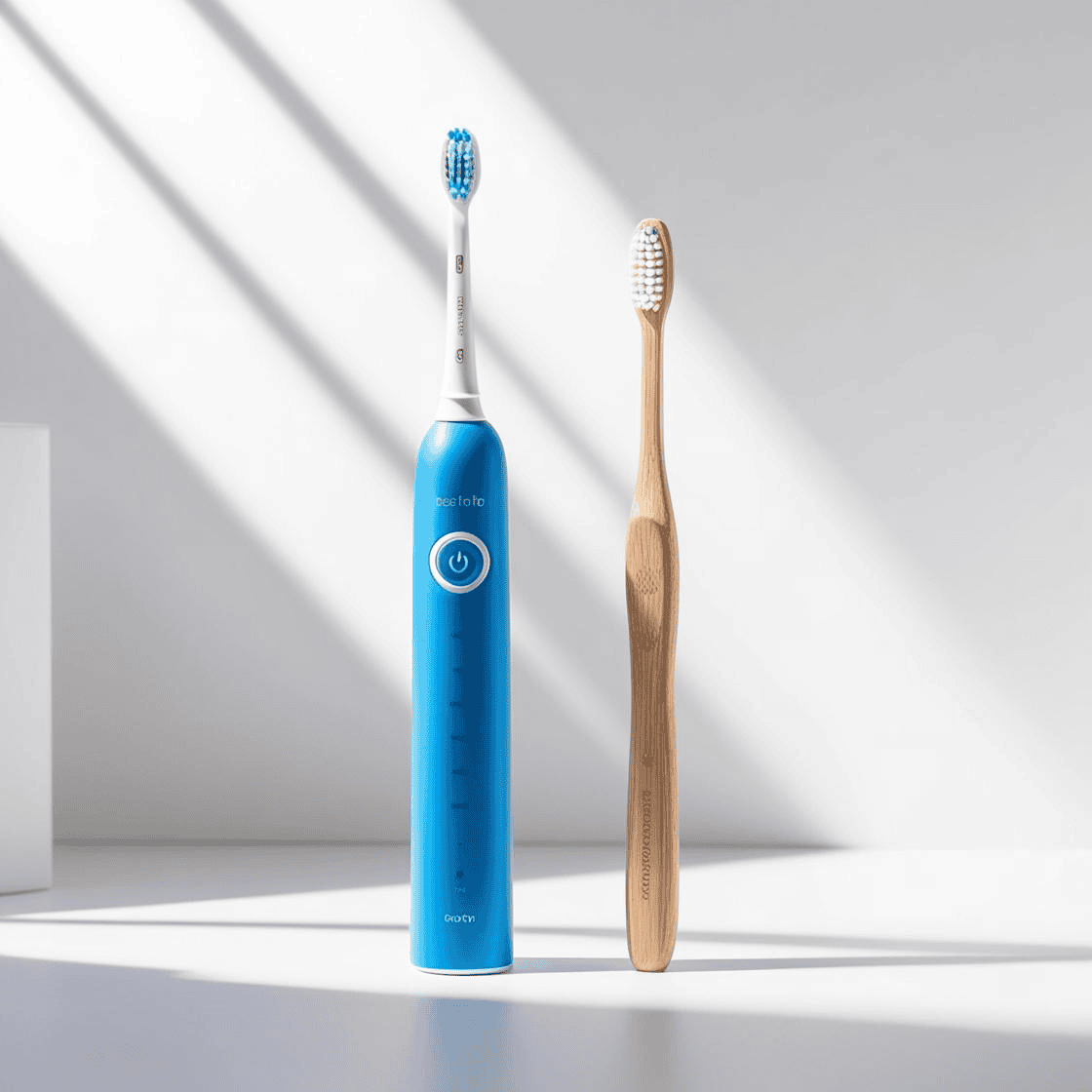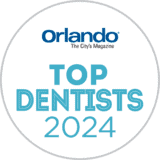TikTok Dental Trends: Fun Videos or Harmful Fads? Here’s What Parents Should Know
TikTok is full of creative, funny, and even educational videos but when it comes to dental health, not every “hack” you see is safe. In recent years, a number of TikTok dental trends have gone viral on the platform, with users showing off dramatic transformations or “DIY” solutions. While they may look harmless (or even impressive) on screen, many of these trends can cause serious and lasting damage to teeth and gums.
As dental professionals, we’ve seen an increase in patients, especially teens, trying these at home. Here’s what you should watch out for.
Common TikTok Dental Trends That Can Harm Your Smile
1. DIY Teeth Whitening with Household Products
Videos showing people brushing with baking soda, hydrogen peroxide, lemon juice, or even cleaning products are alarmingly popular. While they may temporarily lighten teeth, these substances can erode enamel, irritate gums, and increase tooth sensitivity.
Safer option: Use ADA-approved whitening products or ask your dentist about professional whitening, which is both effective and safe for enamel.
2. Shaving Teeth for a “Perfect” Smile
Some influencers have filed down their teeth using nail files or other tools to make them look more uniform. This permanently removes protective enamel and can expose nerves, leading to extreme sensitivity, pain, and a lifelong need for crowns or veneers.
Safer option: If you want to reshape your teeth, cosmetic contouring or orthodontics under professional care can safely improve your smile.
3. At-Home Braces or Gap Closures
Some TikTokers use rubber bands, hair elastics, or paper clips to move teeth. These DIY “orthodontics” can cut off blood supply to teeth, cause gum infections, and even lead to tooth loss.
Safer option: Always see a licensed orthodontist or dentist for any tooth movement your bite, jaw health, and gum health depend on it.
4. Charcoal Toothpaste
A TikTok dental trend is the promotion of different products. Promoted as a natural whitening solution, charcoal toothpaste can be highly abrasive. Over time, it can wear away enamel and make teeth more yellow by exposing the darker dentin underneath.
Safer option: Choose toothpaste with the ADA Seal of Acceptance and safe whitening ingredients like low-abrasion silica or peroxide.
Why Teens Are Especially at Risk
Teenagers are more likely to be influenced by social media trends and peer approval, and they may not understand the long-term damage these fads can cause. A few minutes of a viral experiment can undo years of healthy habits and fixing the damage is often costly and permanent.
How Parents Can Help
-
Talk openly about the risks of following health trends online.
-
Encourage fact-checking before trying anything new.
-
Schedule regular dental visits so issues can be addressed early.
-
Lead by example by following safe, professional dental care practices.
Bottom line: What works in a 30-second TikTok clip doesn’t always work in real life — especially when it comes to your teeth. If your child is curious about improving their smile, we can help them find a safe, effective, and long-lasting solution.
📅 Book a consultation today and keep your family’s smiles healthy for years to come.






